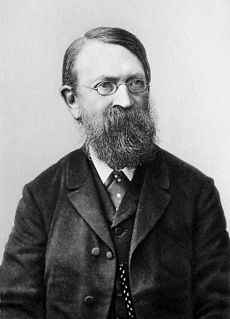Previous studies have demonstrated that large collective particle rearrangements occur during plastic deformation of amorphous solids, where the displacement fields can resemble Eshelby quadrupoles in continuum elastic materials during deformation. However, numerous collective particle displacement fields associated with plastic events in amorphous solids do not resemble Eshelby quadrupoles. Why are some collective particle displacement fields Eshelby-like quadrupoles, while others do not possess quadrupolar behavior? In this work, we reformulate the “Eshelby inclusion problem’’ for discrete particulate materials and reconstruct the non-affine displacement fields in response to applied strains as a sum of Eshelby-like defects. Specifically, we investigate jammed granular packings in two dimensions (2D) undergoing applied simple shear strain. By decomposing the packings into fully connected Delaunay triangles, we treat deformations of the triangles as Eshelby-like defects. We extend the Eshelby equivalence principle to the discrete triangular defects, deriving the local eigenstrain perturbations required to reproduce the non-affine displacement fields in disordered packings under a global simple shear strain. We study the dependence of the distribution of the eigenstrains on system size and pressure, providing insights into the fundamental mechanisms controlling non-affine displacements in disordered particulate materials.

